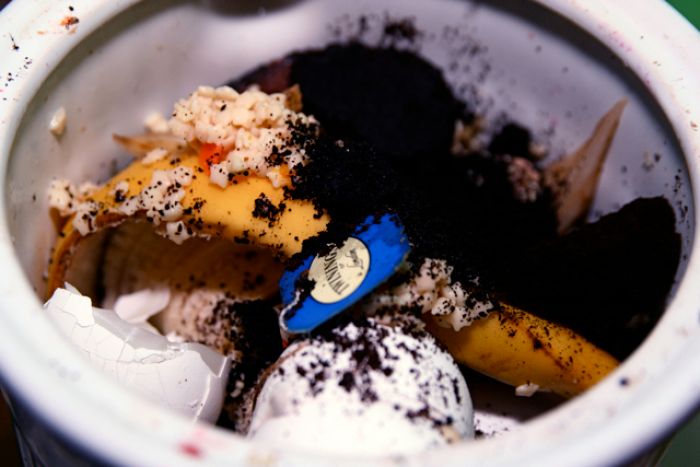
If you’re looking for one more excuse to keep chickens, worms, and/or a compost pile; having nearly zero kitchen waste is one of the best reasons. We have a large family, so a significant amount of thought (and money) is put into meals everyday.
Incorporating a little Mother Nature goes a long way towards reducing our family’s food waste. Here’s how we handle much of the discarded food that leaves the kitchen.
#1) Chickens — Our hens have first dibs on all kitchen scraps. After all, they almost immediately turn around and produce more food for the family. Remember a varied diet is not only nutritionally beneficial for your hens, but for the eggs they produce, as well. By supplementing their diet with nutritionally rich scraps that you were just about to toss out, you’ll also be saving on chicken feed costs.
We offer our chickens vegetables such as spinach, lettuce, radishes, carrots, kale, cabbage, cucumbers, zucchini, pumpkin, broccoli, cauliflower, and herbs. They also jump at the chance to nibble on bread, rice, pasta, watermelon, peaches, pears, blueberries, blackberries, strawberries, cantaloupe, and apples. Not all food is good for chickens, so before you toss scraps to your hens willy-nilly, do a small amount of research so you’ll know which foods to steer clear of. For example, dairy products, rhubarb leaves, avocado, chocolate, and coffee are all on the “do not feed chickens” list.
#2) Worms ~ Many kitchen scraps are perfect for vermicompost systems (worm farms). Favorite worm foods include tea leaves, potatoes, pizza crust, bread, cereal, pancakes, vegetables, beans, fruits (although citrus rinds is the last thing they’ll eat), herbs, greens, cake — even shredded paper. If any of these items are in “chunk” form, I do some pulverizing in a blender or food chopper before adding it to my worm bins. Although it’s not a necessary step, they’ll digest food faster when the food particles are smaller (really small mouths, yanno).
#3) Compost Pile ~ Anything that doesn’t go to the chickens or worms ends up in the compost pile. Sometimes I have an over-abundance of scraps and I split the whole lot up evenly between the three. As you may already know, both greens (nitrogen) and browns (carbon) are necessary in order to build a successful compost pile. You’ll collect a ton of everyday “green” food scraps from the kitchen.
Feel free to toss vegetable trimmings, fruits, coffee and tea grounds, egg shells, cereal, grains (pretty much the same foods that you’d feed to your chickens and worms) into your compost pile. Steer clear of dairy products such as milk, and cheese, as well as oil, meat, and fish. While all of these items are organic and will certainly break down, they’re also a sure-fire way to ring the dinner bell for every dog, cat, raccoon, opossum, and skunk in the neighborhood.
Fine Gardening Recommended Products
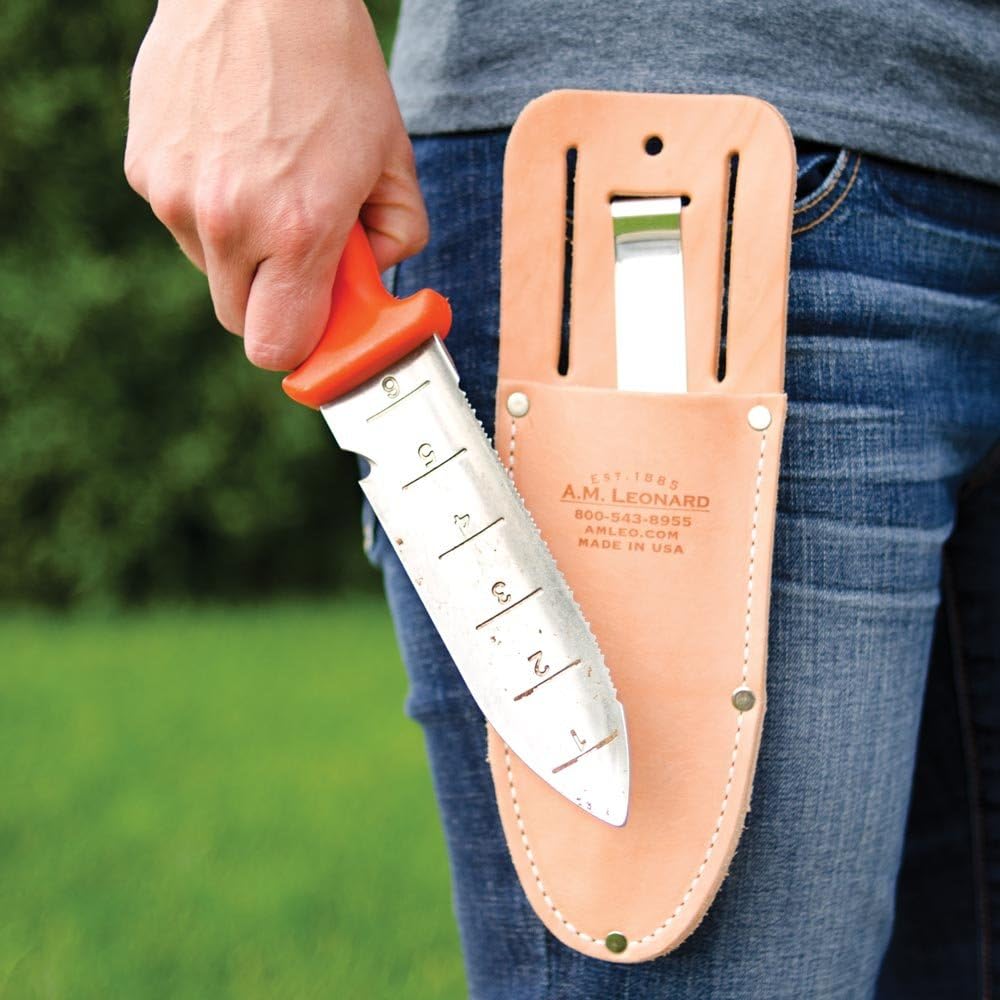
A.M. Leonard Deluxe Soil Knife & Leather Sheath Combo
Fine Gardening receives a commission for items purchased through links on this site, including Amazon Associates and other affiliate advertising programs.

Ashman Garden Cultivator (1Pack)
Fine Gardening receives a commission for items purchased through links on this site, including Amazon Associates and other affiliate advertising programs.
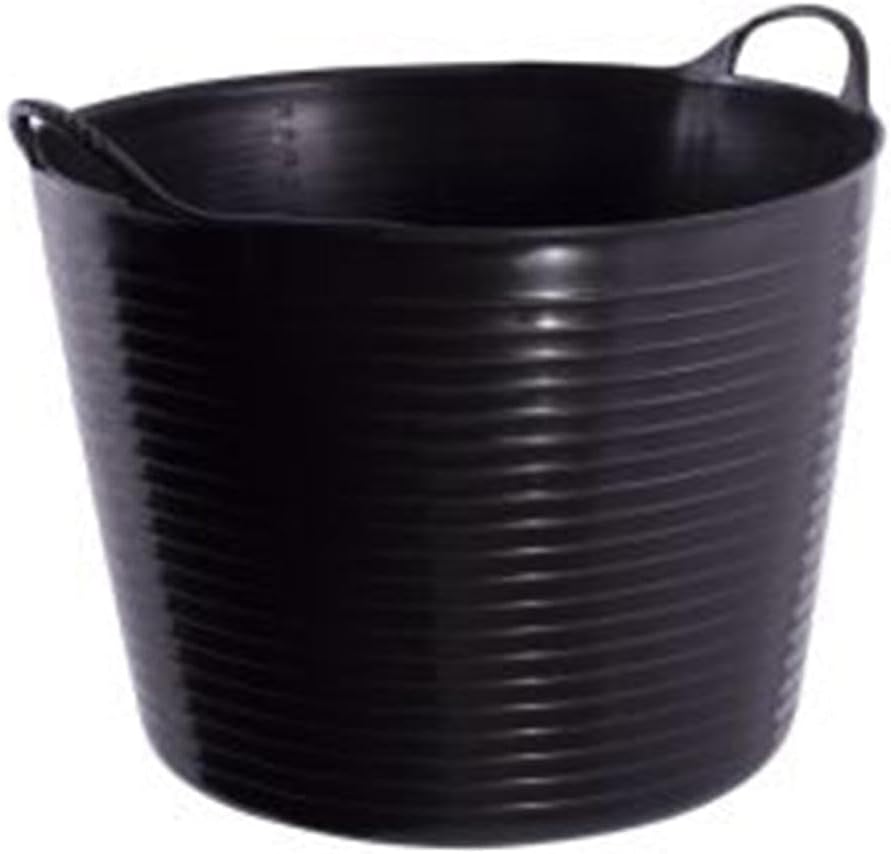
Tubtrugs SP42GBK Flexible Black Gorilla Large 38 Liter/10 Gallon Capacity
Fine Gardening receives a commission for items purchased through links on this site, including Amazon Associates and other affiliate advertising programs.


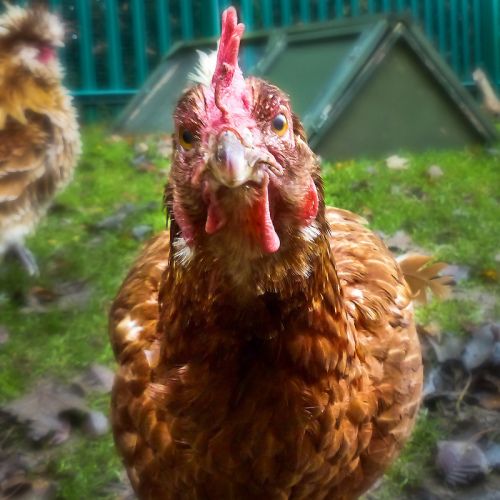
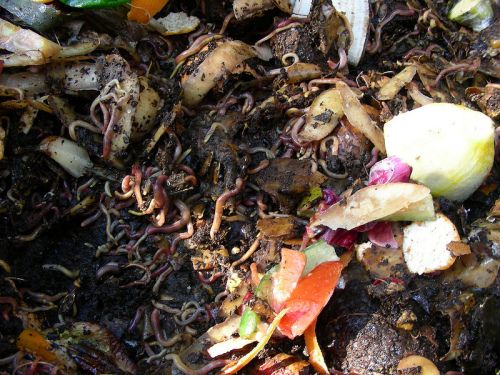

















Comments
Log in or create an account to post a comment.
Sign up Log in